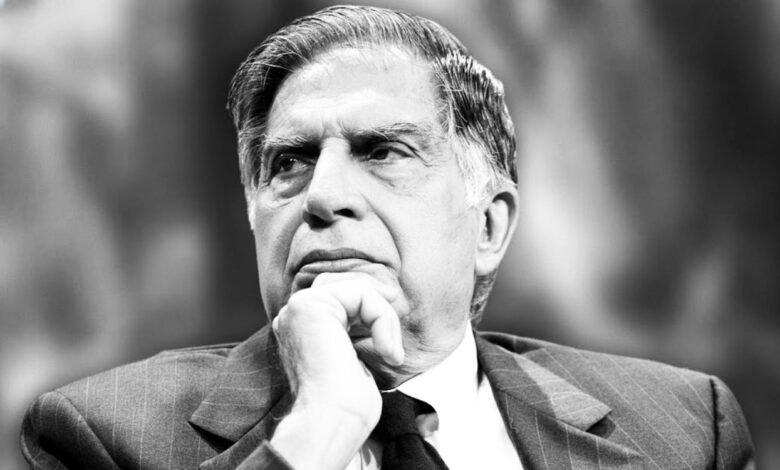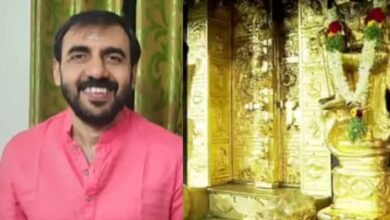
New Delhi: A year after the passing of Indian industrial titan Ratan Tata, the debate surrounding his legacy continues to be as fervent as ever. On one side, he is revered as a symbol of philanthropic leadership and visionary business acumen. On the other, sharp criticism persists regarding the detrimental impact of his corporate actions on marginalized communities. The prevailing argument is that Ratan Tata, and the empire he led, cannot be confined to a simple black-and-white framework of good versus evil.
The Adored Philanthropist
For generations of families in Jamshedpur, famously known as “Tatanagar,” Ratan Tata was more than just an industrialist; he was the bedrock of their lives. His legacy there is defined by the job security, subsidized education, free healthcare, and innovative separation policies that paid salaries until retirement to avoid mass layoffs. Stories of his compassion, such as allowing stray dogs entry into the iconic Taj Mahal Hotel in Mumbai or reportedly cancelling a meeting with Prince Charles to care for his sick pet, paint a picture of a deeply humane individual.
The Other Side of the Coin
However, critics present a starkly different narrative, arguing that billionaires inherently exploit society. They point to dark chapters in the Tata Group’s history, such as the displacement of the ‘Ho’ tribal community from villages like Chirubeda and Balijor for mining operations in Jharkhand’s Saranda forest. Similarly, the Mundra Power Project in Gujarat is heavily criticized for devastating the ‘Wagher’ Muslim minority fishing community. The plant’s hot water discharge destroyed marine life, while ash from the factory contaminated the fish, rendering them unusable and crippling the local economy and environment.
A Man of Contradictions?
Portraying Ratan Tata as purely a hero or a villain is a departure from reality, many argue. His life raises a pertinent question: can one be truly and completely ethical within a capitalist system that is designed to have winners and losers? His legacy is that of a complex individual who did considerable good, yet did not challenge the structural inequalities of the very system that enabled him to amass such vast wealth. In the end, the ongoing debates about his life are not just about him, but about the larger societal conflict between profit and humanity, and our collective discomfort with accepting moral complexity.







